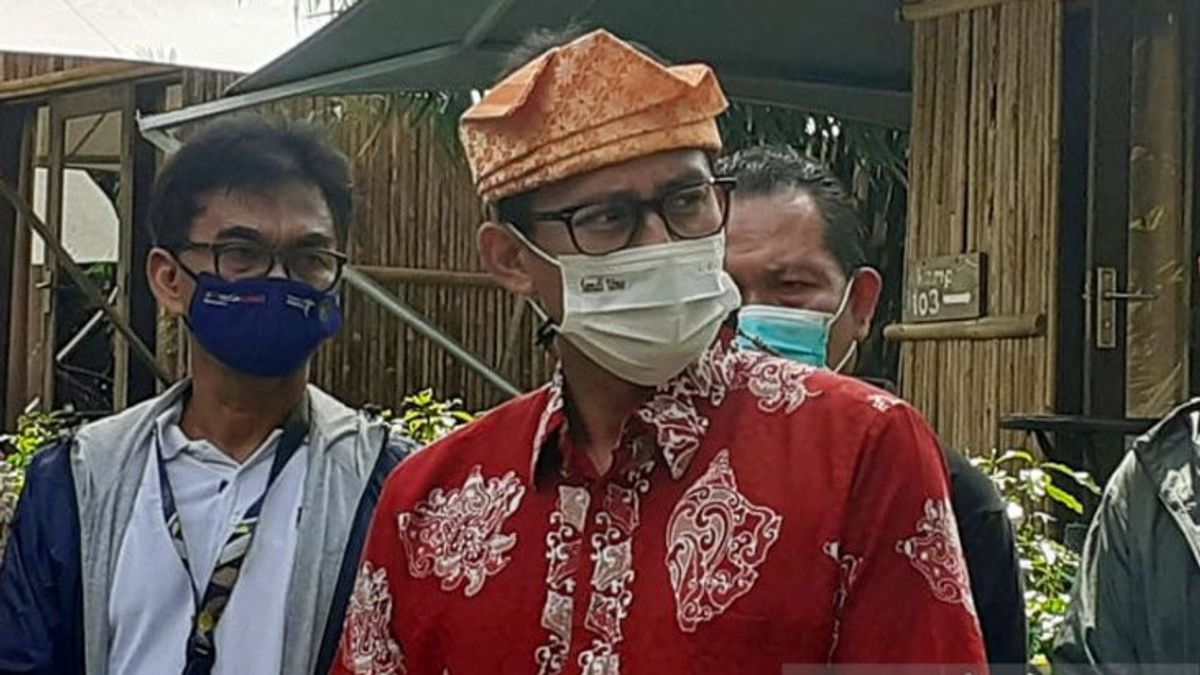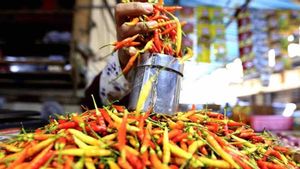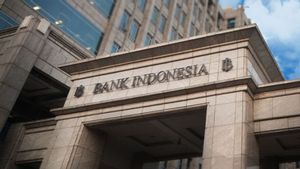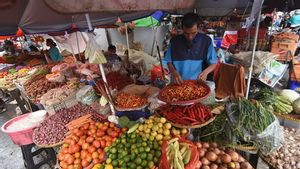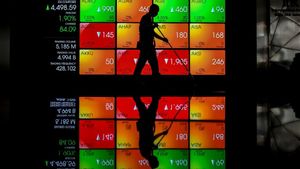JAKARTA - Minister of Tourism and Creative Economy Sandiaga Uno said that the status of tourism in Bali would soon see a bright spot. This he delivered in a virtual press conference today.
"Alhamdulillah, the opening of Bali is increasingly showing encouraging developments along with the handling of COVID-19 in the country and this is a good trend," he said on Monday, September 27.
According to him, the decline in daily cases of the pandemic will allow the government to reopen leisure activities on the Island of the Gods, especially in targeting foreign tourists.
“The opening of Bali will be finalized and will be brought to the coordination meeting between ministers this week. Therefore, the results will be taken into account in decision making," he said.
However, Sandi said that the opening of tourism was only in the testing stage and had not yet fully operated normally.
"We are optimistic that this process will run smoothly, and of course in accordance with the target that will be tested in the not too distant future," he said.
For information, at the end of last week, Sandi was known to have flown to Bali to directly review the readiness of the local tourism industry to resume major economic activities. He also looked at how the implementation of health protocols (prokes) by business actors and the surrounding community.
The plan is that if the good news is that the opening of tourism is allowed by the government, the trial will immediately be carried out in October.
Based on information released by the Central Statistics Agency (BPS), Bali's total economy in the first quarter of 2021 as measured by GRDP (gross regional domestic product) at current prices (ADHB) was recorded at IDR 52.88 trillion.
With this amount, Bali's economy in the first trimester of this year recorded a negative growth (contraction) of minus 5.24 percent compared to the fourth quarter of 2020.
Meanwhile, the economic structure of Bali is still dominated by category I (providing accommodation and food and drink) which recorded a contribution of 17.39 percent. Meanwhile, in terms of expenditure, the largest contribution was recorded in the household consumption component, namely 57.09 percent.
The English, Chinese, Japanese, Arabic, and French versions are automatically generated by the AI. So there may still be inaccuracies in translating, please always see Indonesian as our main language. (system supported by DigitalSiber.id)
